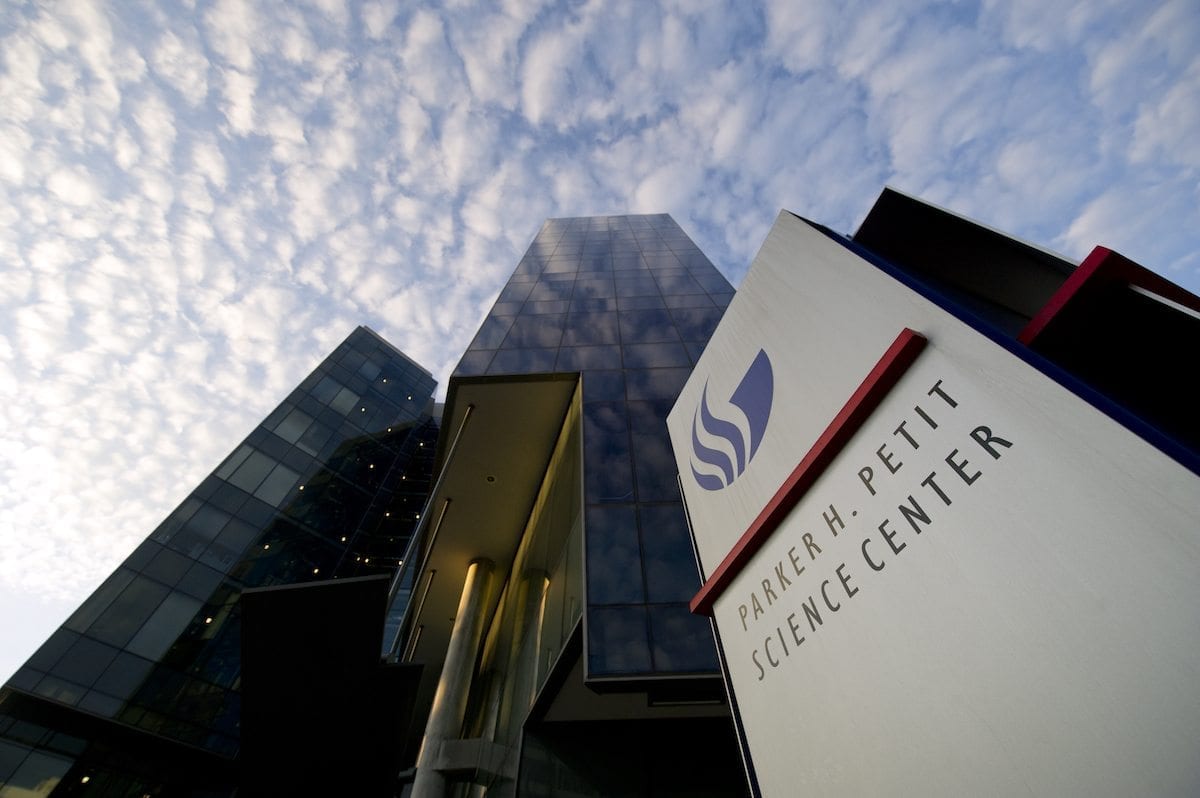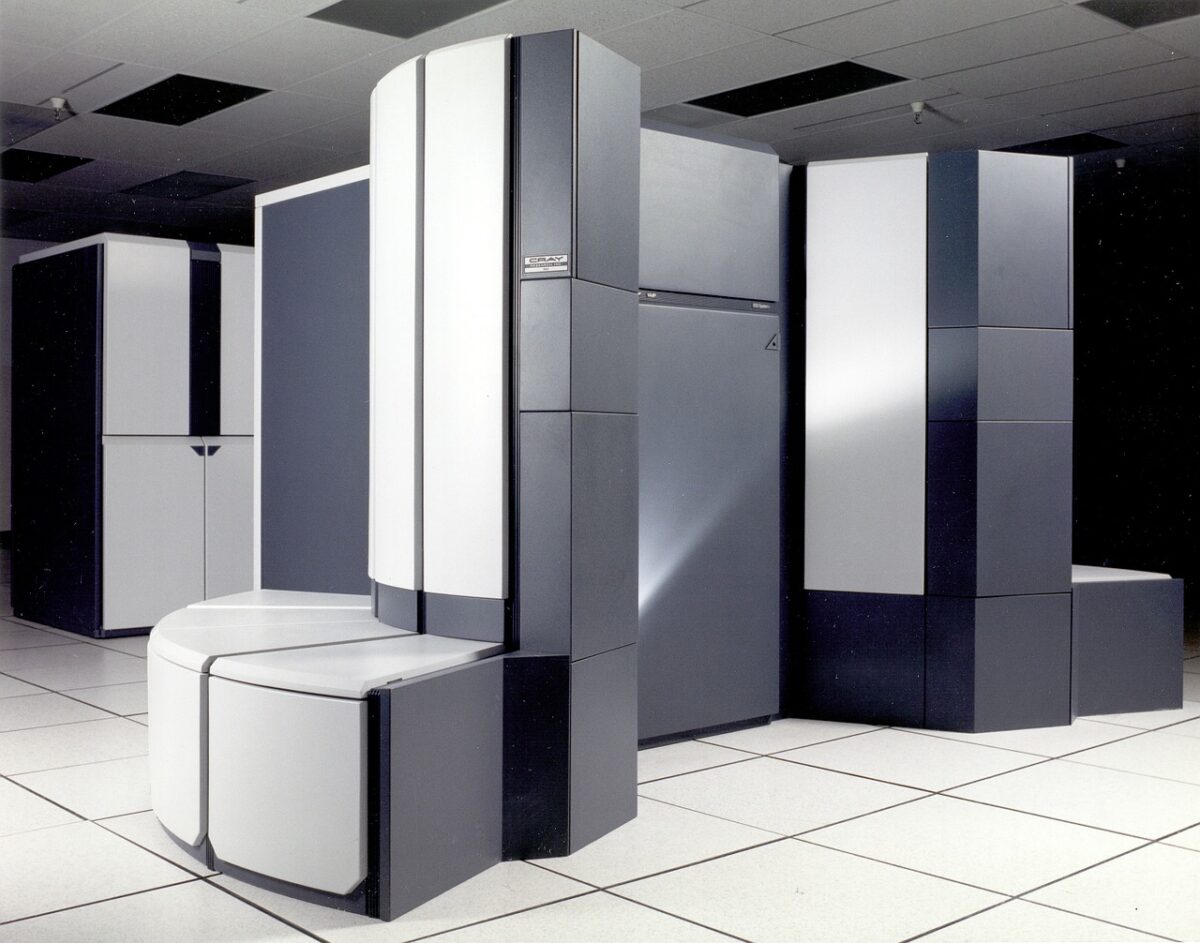There are many who everyday brave Atlanta’s notorious traffic to commute to Georgia State by bicycle. Yet there are many more who want to bike to campus, but just don’t know where to start, according research by members of an initiative that’s aimed towards getting more people on bikes at GSU. (Georgia State University website, 2010)
Category: Selected Works
Selected works from Jeremy S. Craig.

For the first time ever, scientists working with Georgia State University’s Center for High Angular Resolution Astronomy (CHARA) array have captured very high resolution images that shed new light on what causes the mysterious stellar eclipses of the double star system Epsilon Aurigae. (Originally published April 8, 2010)

On March 29 (2010) Georgia State University opened its new Parker H. Petit Science Center, a 350,000 square-foot facility that will advance scientific understanding, health innovation and health education. (Georgia State University website, 2010)

A Georgia State University chemist and his colleagues are among a just a few teams in the country who have been given access to powerful supercomputers by the U.S. Department of Energy to model the mechanisms surrounding the replication and repair of DNA. This research may lead to further understanding about basic processes underlying cancer and degenerative diseases. (Georgia State University website, 2010)
Inside the Big Bang

Georgia State University physicists played a role in the discovery of the hottest temperature ever recorded in a laboratory at the Brookhaven National Laboratory in Upton, N.Y. – 7.2 trillion degrees Fahrenheit (4 trillion degrees Celsius). (Georgia State University website, 2010)